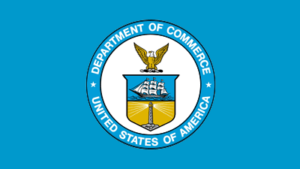
Benefits Garnished for Child Support May Exacerbate Poverty, Warns Denver Divorce Lawyer
Oct 26, 2012
Denver, CO (Law Firm Newswire) October 25, 2012 – Noncompliant individuals who owe child support payments may have their government benefits garnished.
The Treasury Department has issued a rule which allows creditors to garnish up to $700 per month of Social Security payments and Veterans Administration benefits from noncompliant individuals who owe child support payments. The garnishment is slated to begin as of March 2013, as soon as those payments are directly deposited via electronic funds.
The benefits are to be protected from creditors by banks by means of a tagging system, a way to protect up to two months’ worth of deposits unless the recipient owes child support, in which case an enforcement agency can claim those funds.
Additionally, the noncompliant parent can be refused a professional certification or license, as well as a driver’s license and a passport as enforcement provisions, though critics have stated that these sanctions are especially difficult for those with low incomes. Recent research shows that some 70 percent of noncompliant child custody payment debtors make less than $10,000 each year.
National Consumer Law Center (NCLC) advocates and members of some poverty organizations hope to remove this exception, concerned that creditors can deplete the entire account of someone in child support arrears.
“While single parents do need all the support they can get in order to not be penalized because their child’s other parent cannot make payments,” agrees Denver custody attorney Bill Thode. “We also need to make sure the regulations do not simply exacerbate ongoing poverty issues for everyone concerned.”
The Treasury rule is meant to force payment from noncompliant individuals, though whether it does any good is up for debate. It is estimated that more than 40 percent of all custodial parents, 80 percent of them single mothers, live just at or below the poverty level. Only 40 percent of custodial mothers reported in 2009 that they received the entire amount of child support owed to them, while 30 percent reported that they did not receive any of the owed support due to them. Meanwhile, the available funds for child support enforcement has dropped.
The rule was intended to protect Social Security recipients from the garnishment of other debts. While federal law limits to 65 percent as the maximum amount that can be seized for owed child support, states are now required to establish bank account analyses to determine if those account holders who owe child support have assets.
To contact a Denver divorce attorney, Denver child custody lawyer, or a Denver family lawyer, visit http://www.thodelaw.com or call (303) 330-0425.
Thode Law Firm, P.C.
201 Steele Street, Suite 201
Denver, CO 80206
Call: (303) 330-0425





